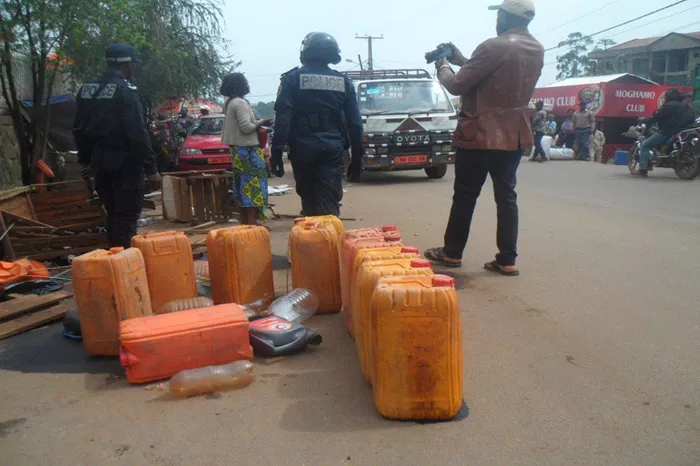Prime Minister Shehbaz Sharif has urged the implementation of stringent measures to curb petrol smuggling in Pakistan, following a significant rise in the country’s petroleum sales.
Chairing a review meeting to evaluate the nation’s economic situation and the digitization efforts of the Federal Board of Revenue (FBR), the Prime Minister highlighted the positive developments in the fuel sector. Sharif announced that smuggling crackdowns, along with recent reductions in petrol and diesel prices, led to a 25-month high in petroleum sales in November 2024. A total of 1.58 million tonnes of petroleum were sold, marking a major boost in the sector.
Sharif emphasized that this uptick, a 15% increase in petroleum sales compared to the previous year, reflects a recovery in Pakistan’s energy market. He directed further measures to combat fuel smuggling, which has long been a concern for the country’s economy. He also instructed the swift completion of video analytics systems in the cement industry to enhance regulatory monitoring.
In addition, the Prime Minister reaffirmed that the ongoing digitization of the FBR is a key milestone in the government’s broader economic reforms. He noted that the positive impacts of this initiative are already becoming apparent, with beneficial outcomes expected for the national economy.
Meanwhile, Federal Minister for Petroleum Musadik Malik clarified recent media reports regarding crude oil deals with Russia. Addressing the media in Islamabad, Malik denied any new agreements for crude oil purchases from Russia, confirming that discussions are still ongoing but no new cargo agreements have been finalized.
Malik explained that Pakistan’s previous attempt to secure Russian oil through a public sector company was unsuccessful after the first shipment. He added that although Russia has shown interest in offshore oil and gas exploration in Pakistan, any future agreements will prioritize the country’s national interests.
The minister also elaborated on the complexities of the prior oil deal, involving a Chinese bank and associated shipping insurance. Due to port limitations, the first shipment was split into smaller cargoes in Oman, complicating the procurement process.
Related topic:
Why Is Diesel Fuel More Expensive Than Gasoline?

